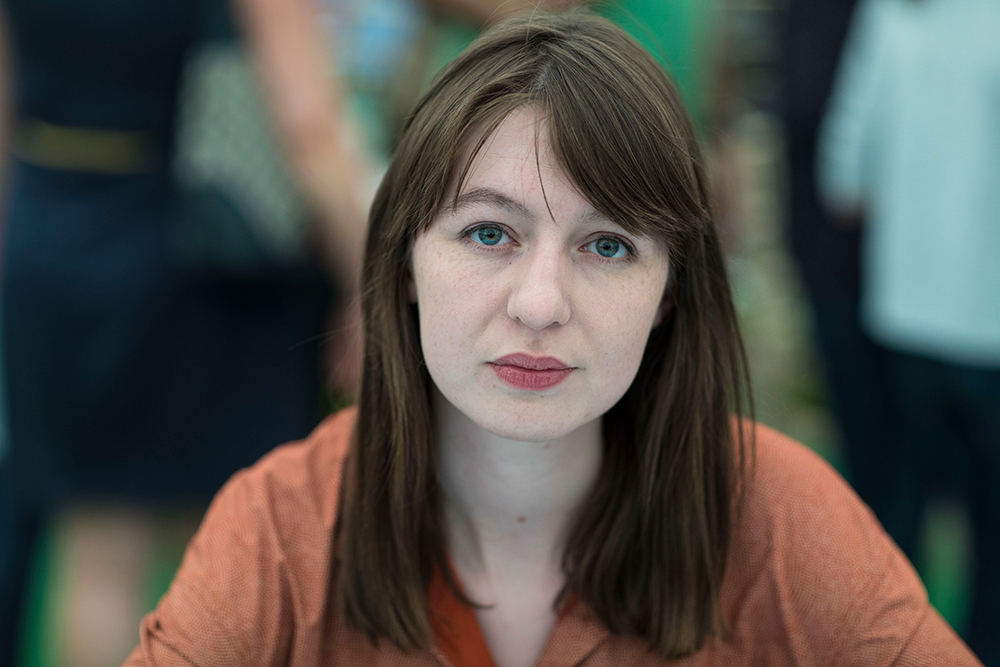President Donald Trump’s creative diplomacy in the Ukraine conflict – which entails bullying the victim and making unilateral concessions to the aggressor – has achieved its latest non-result. After a telephone conversation that lasted for an hour and a half, Trump failed to convince his Russian counterpart Vladimir Putin to accept the US proposal for an unconditional ceasefire. The war continues.
Putin attempted to dampen expectations shortly before the call. Speaking to a gathering of Russian businessmen earlier in the day, he predicted that sanctions on Russia would not go away. ‘These are not temporary or targeted measures; this is a mechanism of systemic, strategic pressure on our country,’ he said. Since sanctions relief is widely perceived to be an element of a potential settlement in Ukraine, Putin’s grim prediction suggested that he did not think a deal was on the cards.
Trump has put his peacemaker’s reputation on the line only to deliver practically nothing
As Putin has highlighted repeatedly since last December, when he first publicly broached the prospect of a ceasefire in Ukraine, any such truce would provide Ukraine with a breather. This would allow it to reconstitute forces, and dig in, and so make it more difficult for Russia to advance at the very moment the Russians are making steady, if slow, gains on the battlefield.
As the Russian read-out of yesterday’s call made it clear, Putin would agree to a ceasefire only if the West first pulled the plug on military aid to, and intelligence sharing with, Ukraine. This means not just US aid and US intelligence, which Trump in fact briefly stopped before reinstating, but also European support, vital for Ukraine’s survival. Such conditions go beyond anything that Trump can possibly deliver, even if he decided in a fit of generosity to surrender Ukraine to Putin. Such conditions will never be accepted by Kyiv, nor by its European partners that remain committed to supporting Ukraine.
Countering Trump’s call for an unconditional ceasefire, Putin spoke of ‘the unconditional necessity of removing the core reasons for the crisis’. This is shorthand for his long-term objectives: barring Ukraine from Nato, disarming it to a point where it is unable to defend itself against any future Russian aggression, and amending Ukraine’s laws in ways that assures Russia’s political influence, anchoring Kyiv firmly within Putin’s russkii mir. And, of course, he wants territories, including those that Russia has already formally annexed but not yet occupied.
There had been indications, prior to the phone call, that the White House had been mulling recognition of at least some of the annexed territories (perhaps Crimea). Trump had also referred to nuclear power plants (possibly the major plant at Zaporizhzhia) as likely trading chips in the back-and-forth with the Russians.
Quite apart from the rather cynical trade in someone else’s territories that such negotiations inevitably entail, it is unlikely that such concessions would in fact satisfy Putin, who has set his sights on a military victory in Ukraine. This would allow him to stand tall and proud as the ‘gatherer of the Russian lands’ and project a threatening message to all of Russia’s neighbours: bow down before the resurgent empire or else be subdued in your turn.
Trump’s short-termism, his preoccupation with immediate results, and his all-too-obvious lack of commitment to Ukrainian and European security over the long term, provide for a very poor negotiating position. That is why, for all his boasting that a deal is nearly at hand, he failed to deliver a breakthrough yesterday.
The Ukrainians – who have a better understanding of Putin’s intentions than Trump could ever muster – agreed to the American ceasefire proposal precisely because they wanted to show Trump that his naïve belief in deal-making would not work with someone like Putin. The Russian President respects strength and despises the boasting and the dithering that have characterised the White House’s approach to the Ukraine war since 20 January when Trump took office. The Ukrainians have been fully vindicated.
Putin has couched his rejection of the US ceasefire proposal in superficial concessions. The first is his apparent agreement to stop attacks on Ukraine’s energy infrastructure for thirty days – provided the Ukrainians do the same and stop their drone attacks against Russian oil refineries and pipelines. The second is his willingness to return to negotiations over maritime security in the Black Sea. These negotiations – originally brokered by Turkey – would create safe corridors for the export of Ukrainian grain, and the Kremlin previously tied its participation to lifting sanctions on the export of Russian grain and fertiliser.
Putin’s concessions, such as they are, do not get us closer to the end of war. They are intended as face-savers for President Trump, who has put his peacemaker’s reputation on the line only to deliver practically nothing. And so, that Nobel Peace Prize remains out of reach for the time being. But there is a consolation prize in store. Vladimir Putin has proposed to hold Russian-American hockey games, and Trump has agreed. This is certainly one way of putting the war on ice.







Comments